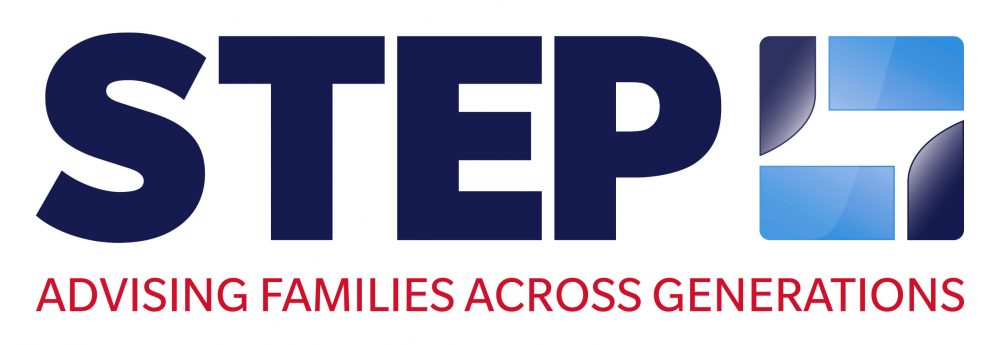AF1 (Personal Tax and Trust Planning)
This examination assesses the candidate to develop in depth financial planning skills related to personal tax and trusts.
AF4 (Investment Planning)
This examination assesses the candidate to develop in depth financial planning skills related to investments and the management of investment portfolios.
AF5 (Financial Planning Process)
This examination assesses the candidate to develop an understanding of the financial planning process when advising clients.
J03 (The Tax and Legal Aspects of Business)
At the end of this unit, candidates should be able to demonstrate an understanding of: the main legal forms of business and how they are set up and managed; the consequences of bankruptcy or insolvency; business accounts and financial controls; the taxation of each type of business entity, its owners and employees; the main legal responsibilities businesses have to employees, suppliers and customers.
J12 (Securities Advice and Dealing)
This qualification develops knowledge and understanding of the features and risks of different securities, the structure and features of the securities market and relevant factors and considerations for appropriate investment recommendations.
R01 (Financial Services, Regulation and Ethics)
This qualification assesses a knowledge and understanding of the financial services industry, including regulation, legislation and the Code of Ethics.
R04 (Pensions and Retirement Planning)
This qualification assesses a knowledge and understanding of and ability to analyse pension and retirement planning issues.
R06 (Financial Planning Practice)
This qualification helps advisers develop and demonstrate their financial planning capabilities.
CF1 (UK Financial Services, Regulation and Ethics)
This qualification develops an understanding of the financial services industry, including regulation and legislation.
CF2 (Investment and Risk)
This examination assesses a knowledge and understanding of investment products and the risks involved.
CF3 (Financial Protection)
This examination assesses a knowledge and understanding of financial protection plans.
CF4 (Retirement Planning)
This examination assesses a knowledge and understanding of the various pension products, the pension tax regime and retirement needs.
CF5 (Integrated Financial Planning)
This examination demonstrates a solid grounding in the financial services industry and its regulation.
CF8 (Certificate in Financial Planning and Long Term Care Insurance)
This qualification assesses a knowledge and understanding of the UK regulation environment in the financial services industry, long-term care insurance products and the giving of long-term care insurance advice.
LP2 (Financial Services Products and Solutions)
This develops knowledge and understanding of customer needs, how financial services professionals and organisations identify and provide for these needs, including an understanding of key retail financial products such as savings, investments and tax wrappers.
Advanced Diploma in Financial Planning
This qualification enables professional advisers to develop specialist planning capabilities, and covers topics such as: personal tax and trust, business financial, pension and investment planning.
Diploma in Financial Planning
This level 4 diploma meets the FCA’s qualification requirements for retail investment advisers, demonstrating core technical knowledge and financial planning capabilities across six core areas.
Fellowship
Fellowship of the CII is universally regarded as the premier qualification for those working in the insurance industry. This shows a commitment to continuous professional development.
Certificate in Financial Services (General Route)
This route develops knowledge and understanding of the financial services industry in general, including regulation and legislation, and the fundamental aspects of customer service, administration and marketing in financial services, and key retail investment products.
Certificate in Life & Pensions
The life and pensions route builds knowledge and understanding of the sector’s role and its activities. It considers important customer needs, solutions and products, and how individuals and organisations work within the regulatory and legislative environment.
STEP Society of Trust and Estate Practitioners
STEP is a global professional body, with more than 21,000 members comprising lawyers, accountants, trustees and other practitioners that help families plan for their futures.
Their mission is to inspire confidence in families planning their assets across generations by setting and upholding high professional standards. Full STEP members, known as TEPs, are internationally recognised as experts in their field, with proven qualifications and experience.




